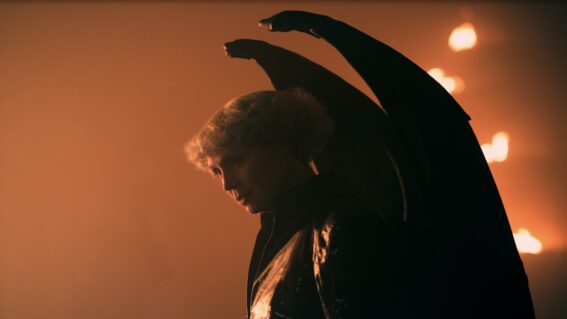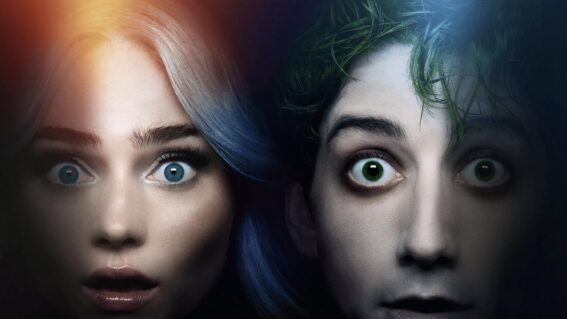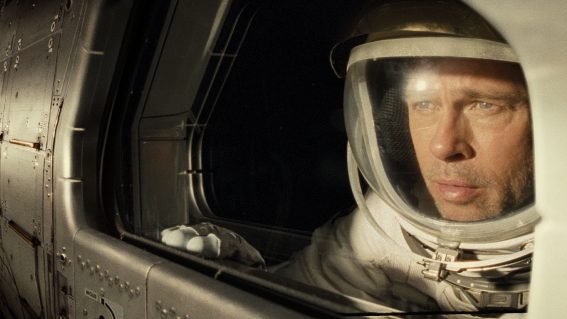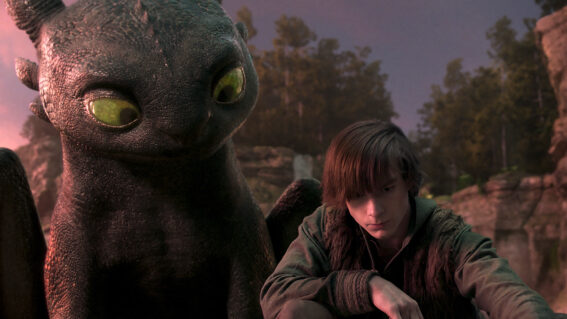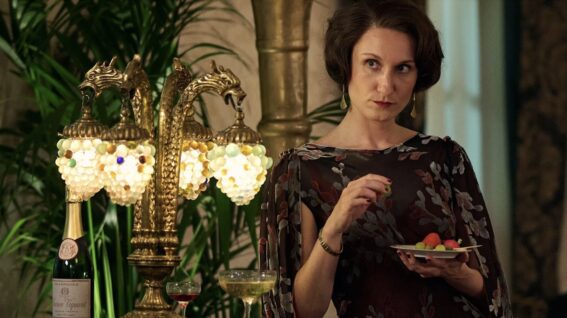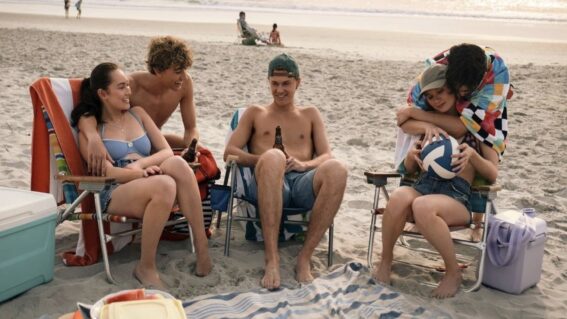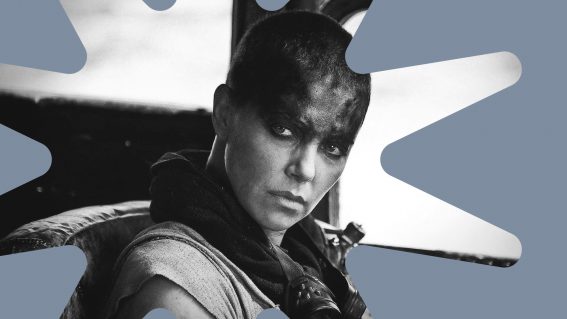The King’s Man interview – getting the lowdown on Matthew Vaughn’s prequel pic
Gemma Arterton and Djimon Hounsou chat about Matthew Vaughn’s WWI-era action prequel.
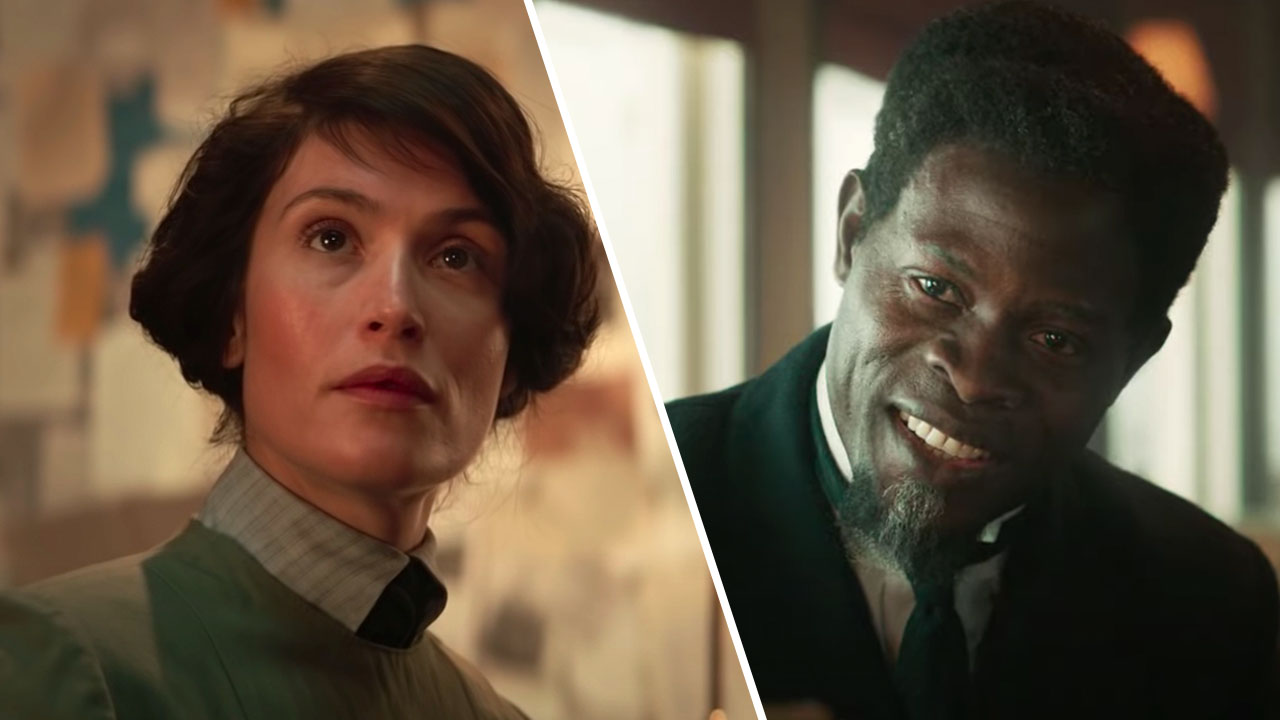
Actors Gemma Arterton and Djimon Hounsou chat with Steve Newall about Matthew Vaughn’s action prequel The King’s Man.
Matthew Vaughn travels back in time to the origins of the Kingsman organisation in The King’s Man. Larger-than-life action sits alongside the deadly serious events leading up to World War I—and the carnage of that conflict itself.
Gemma Arterton (Quantum of Solace) and Djimon Hounsou (A Quiet Place Part II) are among the cast teaming up to stop global catastrophe, servants of a pacifist British duke (Ralph Fiennes) who recruits them into this fledgling organisation. The pair joined Steve Newall to tell us more about the film.
(This interview has been edited for length and clarity)
So, what’s The King’s Man all about then?
GEMMA ARTERTON: Well, it’s an origin story essentially—in the Kingsman films there’s a kind of secret service organisation. They meet above a tailors on Savile Row called Kingsman. The King’s Man is about how that that organisation was formed. And so it feels like it’s got all of the kind of sort of swagger and humour of the other two films, but it’s a little bit more serious, actually, because it’s set pre-World War One. It’s a little bit more put together and it has slightly different flavour. There’s a lot of historical fact in there with the events of World War One, so it’s slightly different.
DJIMON HOUNSOU: I would say it’s a more grown up storyline. Like Gemma said, it depicts that part of our history which most of us have forgotten—about how the war occurred and the interaction between those so-called cousins in Europe, fighting each other and bickering. It has, obviously, Matthew Vaughn’s style still coming through. And yeah, it’s a lot of fun.
There’s a specific historic tone – starting with a scene at a British-run concentration camp
GEMMA ARTERTON: Being a British person, an English person, it’s something that is very much on our minds—colonialism and how that’s affected the world. And that’s in there. He [Vaughn] is dealing with what it is to be English, the good and the bad, you know? There have been good sides and there have been bad sides, and we’re sort of grappling with that. But yeah, it’s in there and it’s complicated.
Ralph [Fiennes]’s character, Oxford, he’s a pacifist and there’s reasons for it. And then World War I happens and everyone goes to war and his son wants to go to war, and he’s confronted with “what’s the right thing to do here?” It’s a fascinating time historically. It was just a hodgepodge of so many weird events that led to the beginning of World War I. I mean, it’s so bizarre World War I, I think, and it was such a tragic waste of time.
Matthew Vaughn’s managed to keep this a sort of fun, light, adventure movie at the same time as it being sort of heavy and serious. So that’s really skilfully done, I think.
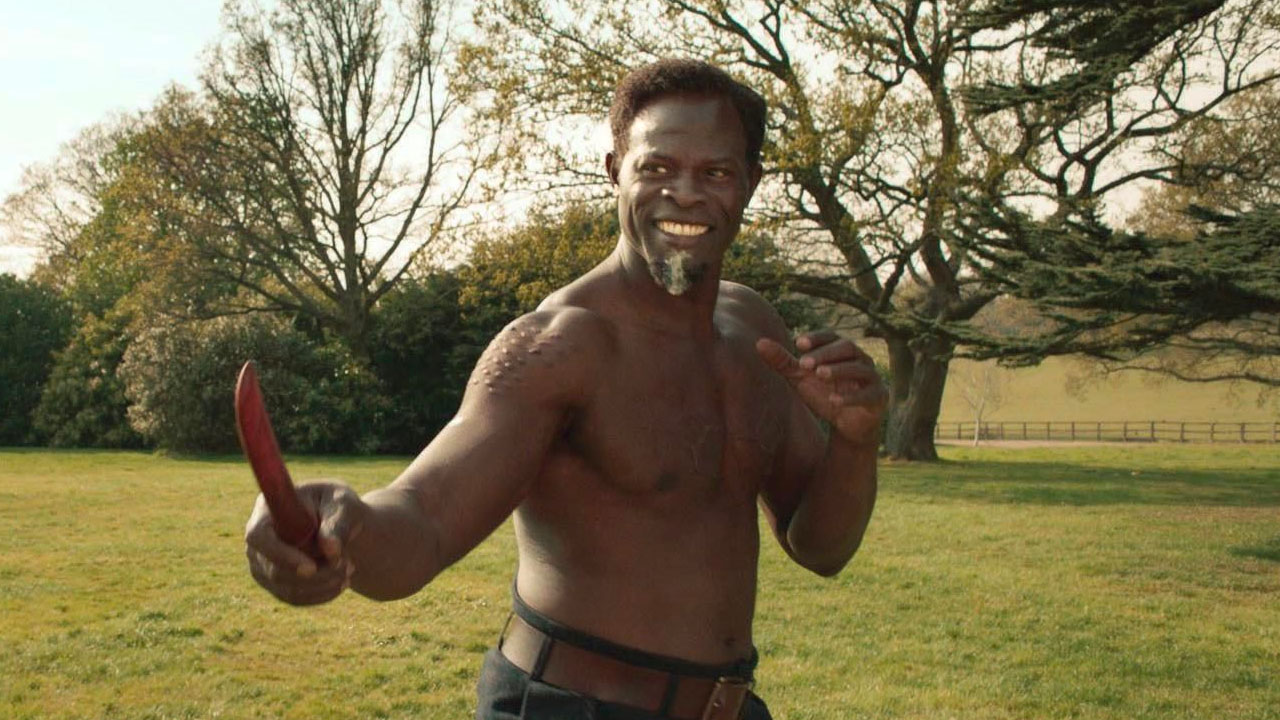
What are the challenges in balancing the film’s comedic, action and deadly serious tones?
DJIMON HOUNSOU: I think the challenge is probably to Matthew really, to try to keep the reflective back story of that time somewhat accurate, and keep a fictional story around that as we journey in that era. I think that was more a challenge for the director and, you know, the writers.
GEMMA ARTERTON: Matthew was so clear about what he wanted. And sometimes for us as the actors, you know, we were coming in and out. We’re not really all the way through the film—we’re coming in and doing two weeks work and then we’re off for a bit again. And so you have to just trust Matthew—that he knows the tone, knows what he wants. When it’s serious, it’s serious. And then other times he really encouraged us to, you know, go for the comedy. I had no idea what they’d shot and what the tone was. So I just did have to kind of go “OK, right—we trust Matthew”.
He knows what he wants because it is a really unique tone. The Matthew Vaughn style, his signature thing is very unique. So I was happy to, just as Djimon says, just surrender to that.
DJIMON HOUNSOU: Yeah, you kind of have to, because it’s such a foreign story for me, obviously coming from Africa and certainly never having been exposed to the Western world and that history also. So you just have to trust your director and the writers.
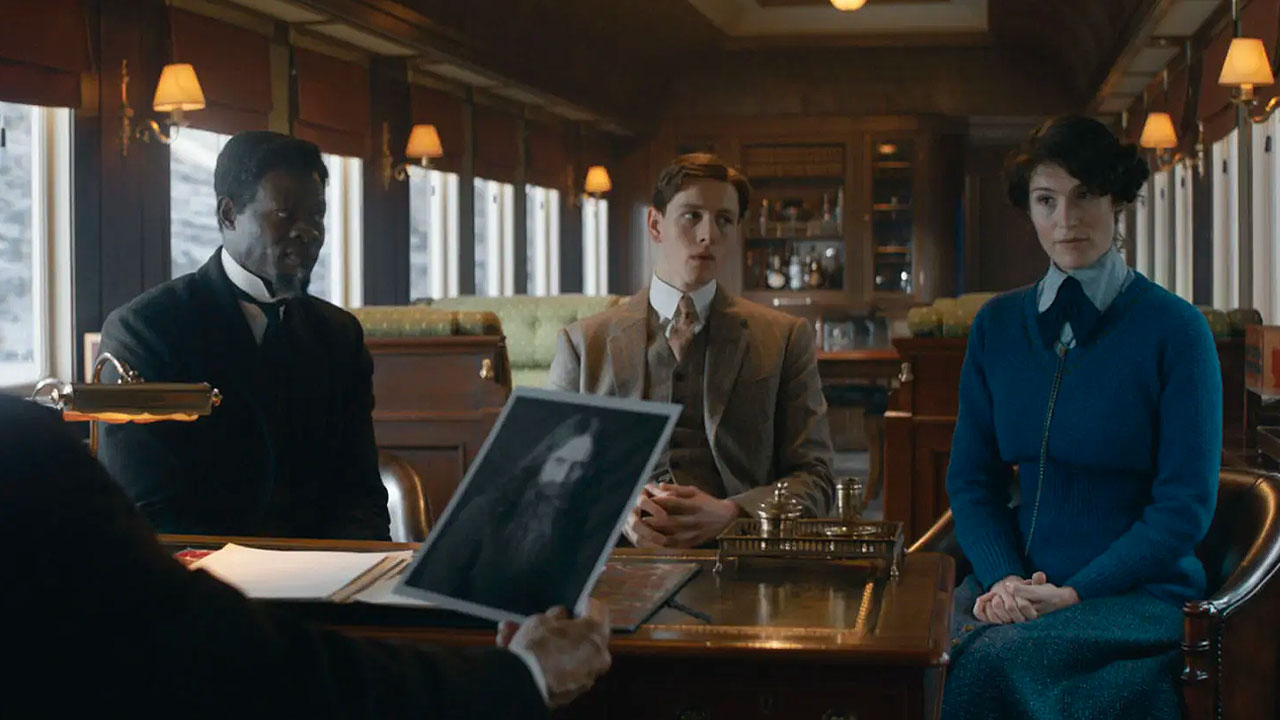
There’s a sumptuous, elegant look to the film, from the sets and locations to its costuming
DJIMON HOUNSOU: Well, I think Gemma had so much more costume change than I did. Yeah, she can attest to that.
GEMMA ARTERTON: Well, our heads of departments, our HODs, were really top, top drawer—amazing production designers and costume designers, makeup designers. And so I really felt, wow, it was so elegant and refined and everything was so precise because it is a period film.
And I think for Matthew, correct me, if I’m wrong, but I think this is his first sort of proper period film. So, you know, he really went for that with with the aesthetic, and it was super detailed, super elegant. But everything was so rooted in the truth, which is why it works because there’s all these crazy fantastical things that happen. But everything was sort of real and rooted and and tangible and made sense around us.
So we were so lucky. And I really think, visually, they’ve really excelled with this film. I think it’s really stunning what they’ve achieved.
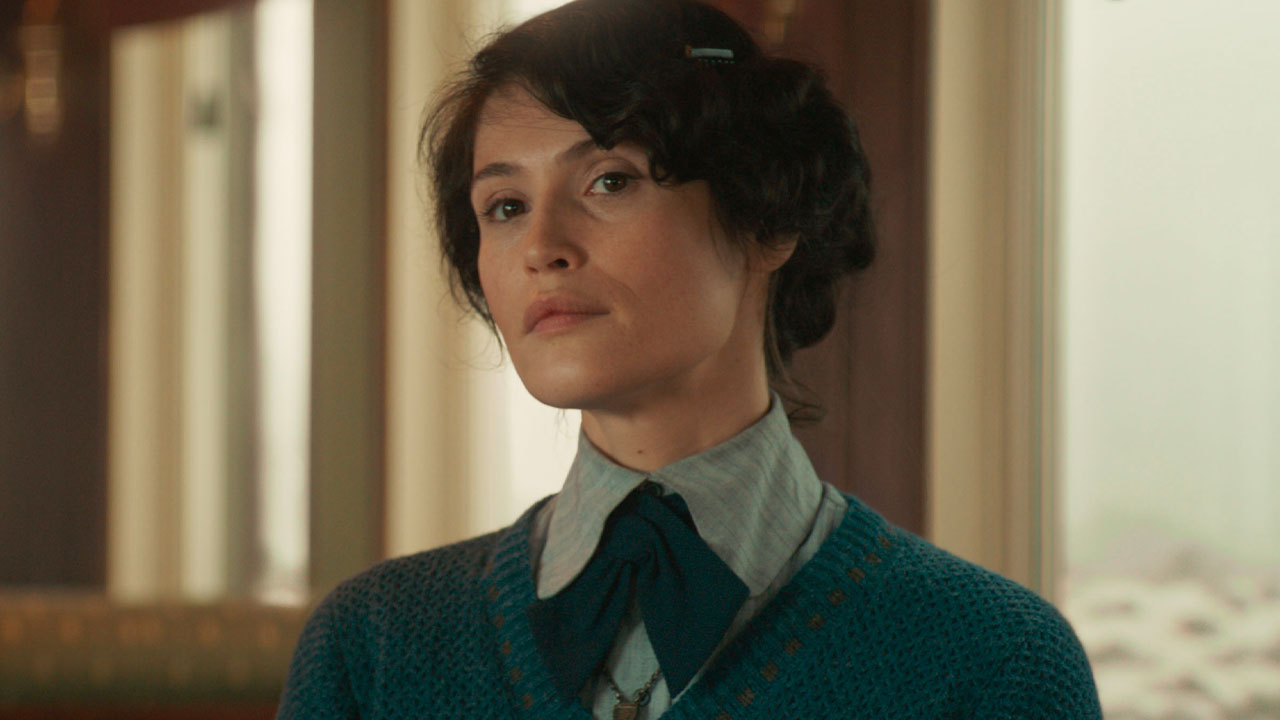
Issues of class play an even a greater role than previous Kingsman films
GEMMA ARTERTON: I think it was something that Matthew was really, really aware of—especially with my character, in that he wanted her to represent this working class who worked really, really hard and are the kind of glue and backbone of the country, really. I think he was very aware that this is a film about aristocracy and wealth and being born into some sort of sense of nobility.
But what is that really? And The King’s Man is challenging that, having these working-class characters that are, you know, servants but have an essential role in the Kingsman spy network.
It is such a prevalent topic in this country. I mean, no matter how far we come, we still have this class system and we still, you know, refer to ourselves as working class, upper class, middle class, whatever. So it’s just a very British thing to talk about. I think it was right for him to make sure there were as many people as he could have to balance it out.











